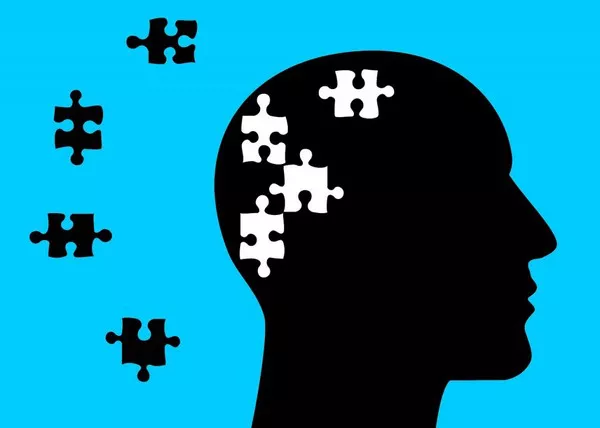Understanding Bipolar Disorder and Its Treatment Landscape
Bipolar disorder is a chronic mental health condition characterized by extreme mood swings, including episodes of mania and depression. It affects millions of people worldwide and can significantly impact an individual’s daily life, relationships, and overall well-being. Fortunately, there are several effective treatment options available to manage the symptoms of bipolar disorder and promote stability. In this article, we will explore the range of treatments tailored to individuals with bipolar disorder, including medication, psychotherapy, lifestyle adjustments, and complementary approaches.
Medication-Based Treatments for Bipolar Disorder
1. Mood Stabilizers:
Mood stabilizing medications such as lithium carbonate, valproic acid, and carbamazepine are commonly prescribed to help control manic and depressive episodes. These medications work by balancing brain chemicals and reducing extreme shifts in mood.
2. Antipsychotic Medications:
Antipsychotics like olanzapine, risperidone, and quetiapine may be used to alleviate symptoms during acute manic or mixed episodes. They can also serve as long-term maintenance therapy to prevent relapses.
3. Antidepressants:
In some cases, antidepressant medications may be prescribed alongside mood stabilizers to manage depressive episodes. However, their use requires careful monitoring to prevent triggering manic episodes, as they could exacerbate the condition.
Psychotherapeutic Approaches for Bipolar Disorder
1. Cognitive Behavioral Therapy (CBT):
CBT aims to identify and modify negative thought patterns and behaviors associated with bipolar disorder. It helps individuals develop coping strategies, manage stress, and improve problem-solving skills.
2. Interpersonal and Social Rhythm Therapy (IPSRT):
IPSRT focuses on stabilizing daily routines and sleep-wake cycles while addressing interpersonal issues. By promoting regularity and stability, IPSRT aims to reduce mood disturbances and prevent relapses.
3. Family-Focused Therapy (FFT):
FFT involves educating family members about bipolar disorder and teaching them strategies to support their loved ones. It emphasizes communication, problem-solving, and the development of a supportive environment.
Lifestyle Adjustments for Bipolar Disorder
1. Sleep Regulation:
Maintaining a regular sleep schedule is crucial for managing bipolar disorder symptoms. Establishing a consistent routine and practicing good sleep hygiene can help stabilize mood and reduce the risk of manic or depressive episodes.
2. Stress Management:
Stress can trigger mood swings in individuals with bipolar disorder. Engaging in stress-reducing activities such as exercise, yoga, mindfulness meditation, and relaxation techniques can be beneficial.
3. Healthy Lifestyle Habits:
Adopting a well-balanced diet, engaging in regular physical exercise, avoiding alcohol and recreational drugs, and managing weight can contribute to overall stability and improve treatment outcomes.
Complementary Approaches for Bipolar Disorder
1. Electroconvulsive Therapy (ECT):
ECT may be considered for severe cases of bipolar disorder that do not respond adequately to other treatments. This procedure involves brief electrical stimulation of the brain under general anesthesia and has shown effectiveness in reducing severe depression or mania.
2. Transcranial Magnetic Stimulation (TMS):
TMS uses magnetic fields to stimulate specific regions of the brain associated with mood regulation. It has been found to be helpful in treating depression associated with bipolar disorder.
Conclusion:
Bipolar disorder requires an individualized, multi-faceted approach to treatment. Combining medication, psychotherapy, lifestyle adjustments, and complementary approaches provides the best chance of managing symptoms, achieving stability, and improving the quality of life for individuals with bipolar disorder. It is essential for individuals with bipolar disorder to work closely with healthcare professionals to develop a comprehensive treatment plan tailored to their unique needs. With the right treatment and support, individuals with bipolar disorder can lead fulfilling and productive lives.

